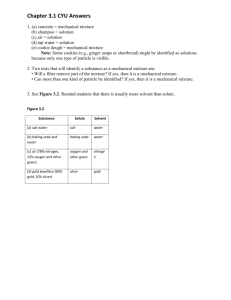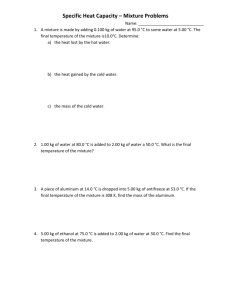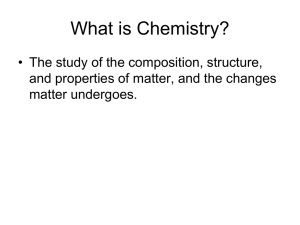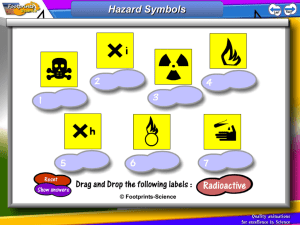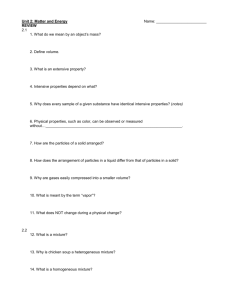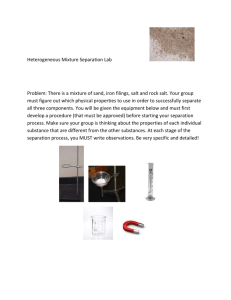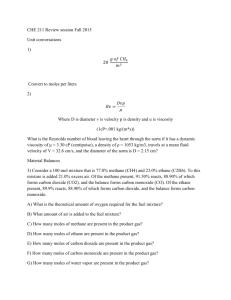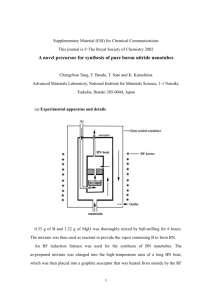Modernized ignition system of non-self
advertisement
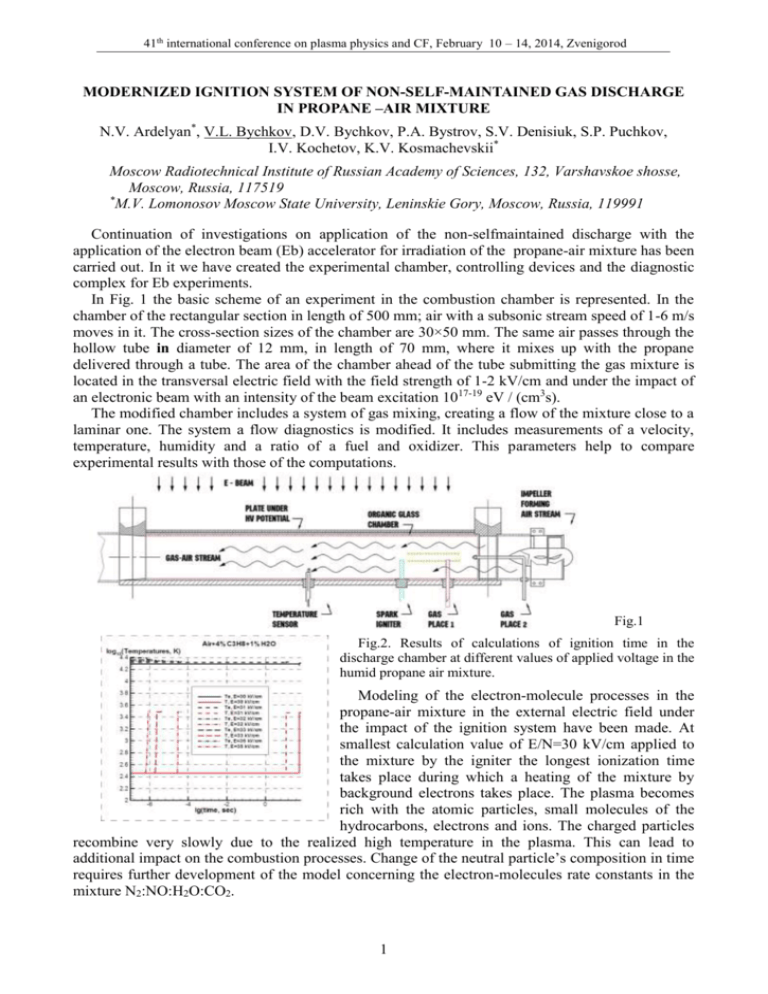
41th international conference on plasma physics and CF, February 10 – 14, 2014, Zvenigorod MODERNIZED IGNITION SYSTEM OF NON-SELF-MAINTAINED GAS DISCHARGE IN PROPANE –AIR MIXTURE N.V. Ardelyan*, V.L. Bychkov, D.V. Bychkov, P.A. Bystrov, S.V. Denisiuk, S.P. Puchkov, I.V. Kochetov, K.V. Kosmachevskii* Moscow Radiotechnical Institute of Russian Academy of Sciences, 132, Varshavskoe shosse, Moscow, Russia, 117519 * M.V. Lomonosov Moscow State University, Leninskie Gory, Moscow, Russia, 119991 Continuation of investigations on application of the non-selfmaintained discharge with the application of the electron beam (Eb) accelerator for irradiation of the propane-air mixture has been carried out. In it we have created the experimental chamber, controlling devices and the diagnostic complex for Eb experiments. In Fig. 1 the basic scheme of an experiment in the combustion chamber is represented. In the chamber of the rectangular section in length of 500 mm; air with a subsonic stream speed of 1-6 m/s moves in it. The cross-section sizes of the chamber are 30×50 mm. The same air passes through the hollow tube in diameter of 12 mm, in length of 70 mm, where it mixes up with the propane delivered through a tube. The area of the chamber ahead of the tube submitting the gas mixture is located in the transversal electric field with the field strength of 1-2 kV/cm and under the impact of an electronic beam with an intensity of the beam excitation 1017-19 eV / (cm3s). The modified chamber includes a system of gas mixing, creating a flow of the mixture close to a laminar one. The system a flow diagnostics is modified. It includes measurements of a velocity, temperature, humidity and a ratio of a fuel and oxidizer. This parameters help to compare experimental results with those of the computations. Fig.1 Fig.2. Results of calculations of ignition time in the discharge chamber at different values of applied voltage in the humid propane air mixture. Modeling of the electron-molecule processes in the propane-air mixture in the external electric field under the impact of the ignition system have been made. At smallest calculation value of E/N=30 kV/cm applied to the mixture by the igniter the longest ionization time takes place during which a heating of the mixture by background electrons takes place. The plasma becomes rich with the atomic particles, small molecules of the hydrocarbons, electrons and ions. The charged particles recombine very slowly due to the realized high temperature in the plasma. This can lead to additional impact on the combustion processes. Change of the neutral particle’s composition in time requires further development of the model concerning the electron-molecules rate constants in the mixture N2:NO:H2O:CO2. 1
